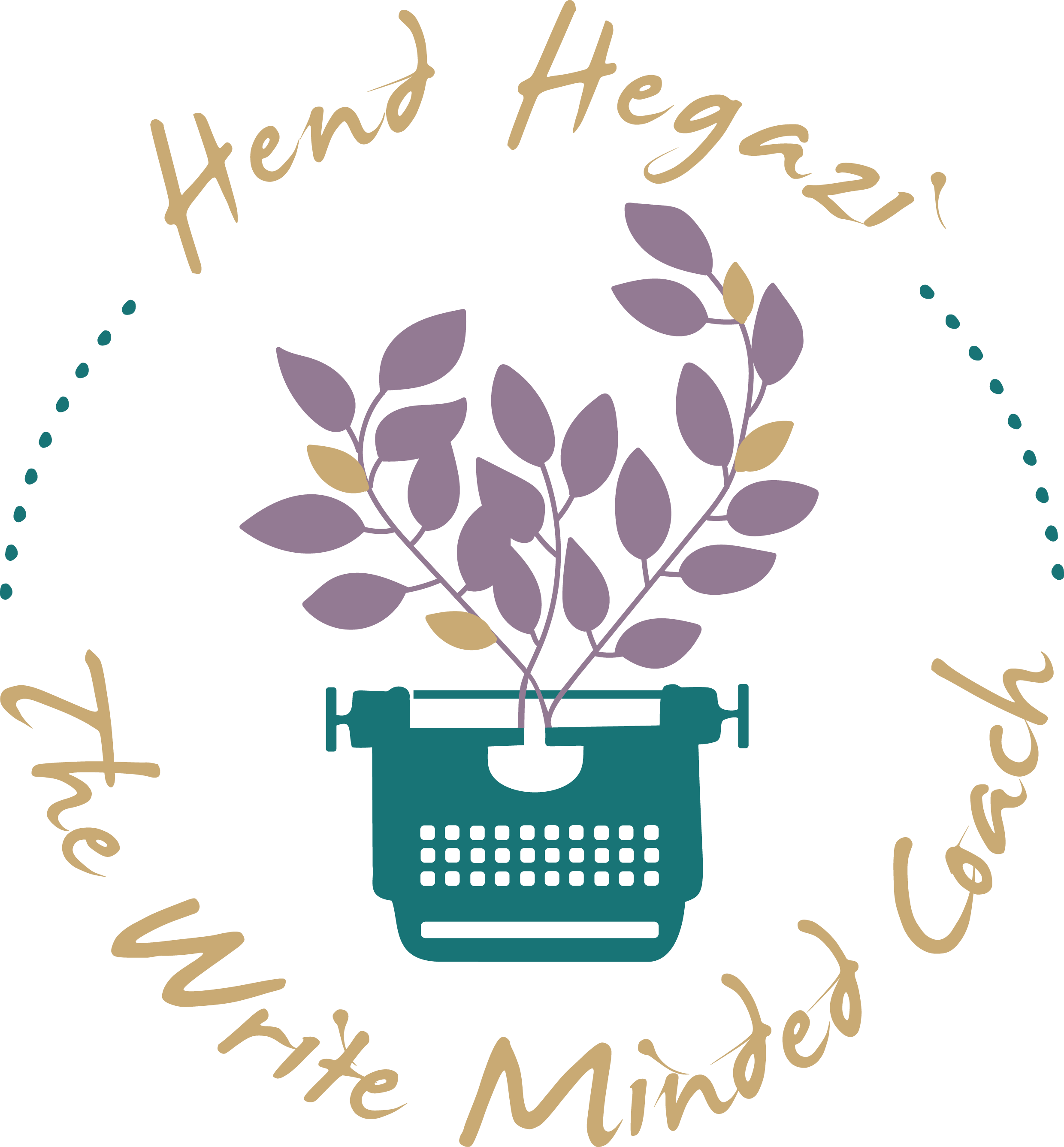Is Fiction Important?
As a writer of fiction, I have sometimes been approached with skepticism about the importance of my work. I've heard some people say that fiction is a lie, and since lying is a sin, fiction too should be avoided.
Clearly I don't attest to this view, otherwise I wouldn't write the stories that I do.
I don't believe that fiction is a lie; I believe it's a portrayal into what could be. Just because my characters--with their specific names and attributes--are made up, does not mean that the obstacles they experience do not exist. Family life, in all it's complexities, is very real. Health issues, with their multifaceted aspects, are very real. Marital issues, with their varied dimensions, are very real. Spiritual and religious convictions or lack thereof, and the breadth they entail, are very real. Societal and community pressures and deficiencies are very real. And all of these life components influence us.
So if I describe a family going through a health crises, and show how the experience drains them, how it affects them financially, the repercussions it has on their marriage, is that a lie simply because these people are not alive? I make it clear when I write that my stories are created, made up. I do not claim that they are the stories of real people. I do not claim that these people exist at all. So how can that be a lie? It is created by my imagination; calling it fiction makes that point clear. But even made up stories can teach us something.
They can expose us to people and places we may not otherwise have known. They can lay bare experiences that could be true, and get us to think about how we would react in those situations, how we would be affected. They teach us not only about aspects that we may not be familiar with, but they help us to become even more familiar with ourselves. They help us understand and connect with people, and that is the cornerstone of empathy.
I recently read The Map of Salt and Stars by Zeyn Joukhadar. In my journey with Nour, the protagonist, I experienced the Syrian war from a completely different perspective. I was not watching the shelling of a foreign land nor seeing nameless victims killed, like we do when we watch the news. In reading the story, I was living the experience with Nour. It was my home that was being shelled, my family that was being attacked. It was personal. And it is precisely that feeling of kinship that opens our eyes, causes us to learn, and expands our sphere of emotion.
The reason character development is crucial in fiction is because without it, readers have no one to connect with, and thus, have nothing to gain. We gain by connecting with others, learning about their victories and trials, and finding compassion for them. Though stories we get to see them fully exposed, without the filters of real life, without the picket fences. We see the depths of their grief that we may have--in real life--never understood. We see their pain--a pain that may not exist in our own lives nor in the lives of our loved ones, and is not in our circle of concern. We see that pain, and if the author is talented, we live their life for a few pages, and get pulled down by their struggles. And in this way, we learn to be compassionate. We learn about the problems of life we may never encounter, we learn about ourselves, and perhaps most importantly, we learn about each other.
And if there is one type of knowledge that will help us be compassionate, empathetic, and yearn to make a difference, certainly it is that.
Are you ready to make your writing dreams come true?
Yes! I want to make my writing dreams come true!

